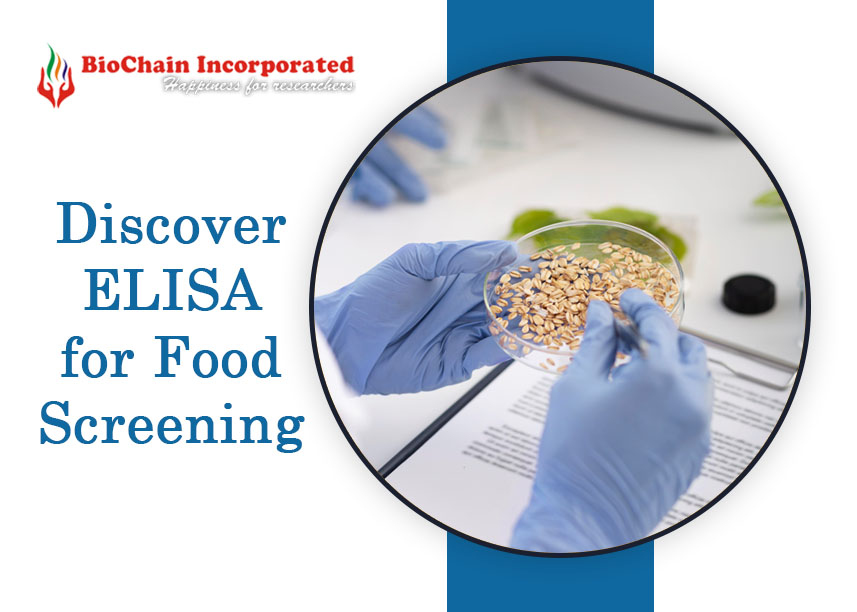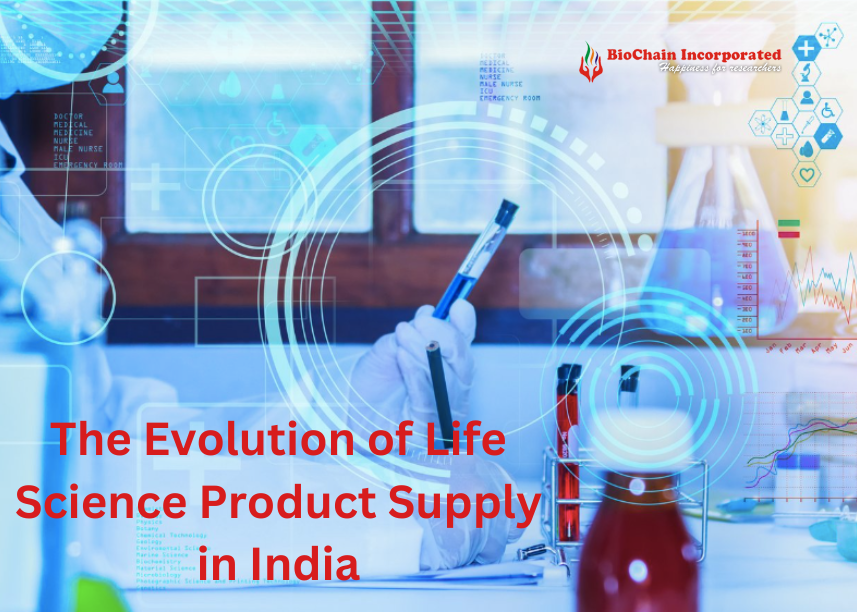Demystifying ELISA Kits: A Beginner's Guide to Food Screening
Are you curious about the science behind food screening and how it ensures the safety and quality of what we consume daily? One of the essential tools in this process is the ELISA kit. In this beginner's guide, we'll unravel the mysteries of ELISA kits, delve into their significance in food screening, and explore how they work to keep our food safe.
What is an ELISA Kit?
ELISA stands for Enzyme-Linked Immunosorbent Assay. It's a powerful biochemical technique used to detect the presence of specific substances, such as proteins, hormones, antibodies, or pathogens, in a sample. ELISA kits come with pre-coated plates and all the necessary reagents, making them convenient and efficient for various applications, including food screening.
Importance of Food Screening
Ensuring the safety and quality of our food is paramount. Contaminated or adulterated food can pose serious health risks, leading to illnesses and outbreaks. Food screening plays a crucial role in identifying potential hazards, such as allergens, toxins, pathogens, and chemical residues, before they reach consumers' plates.
How ELISA Kits Work in Food Screening
ELISA kits employ a specific antibody-antigen interaction to detect and quantify target substances in food samples. Here's a simplified breakdown of the process:
-
Sample Preparation: The food sample is collected and prepared for analysis, which may involve extraction and dilution to make the target substances accessible for detection.
-
Plate Coating: The ELISA plate is coated with a capture antibody that binds specifically to the target substance present in the sample.
-
Incubation: The prepared sample is added to the coated plate and allowed to incubate. During this time, any target substances present will bind to the capture antibody.
-
Washing: After incubation, the plate is washed to remove any unbound substances or debris, leaving only the captured target substances bound to the plate.
-
Detection: A secondary antibody linked to an enzyme is added to the plate. This secondary antibody binds to the captured target substances, forming a complex.
-
Substrate Addition: A substrate specific to the enzyme is added to the plate. The enzyme catalyzes a reaction with the substrate, producing a detectable signal, usually a color change.
-
Measurement: The intensity of the signal is measured using a spectrophotometer or similar instrument. This intensity correlates with the concentration of the target substance in the sample.
ELISA Kits in Action: Example Applications
ELISA kits find wide application in food screening, including:
-
Allergen Detection: ELISA kits can detect allergenic proteins, such as gluten, peanuts, or soy, in food products, helping to safeguard consumers with food allergies.
-
Toxin Screening: ELISA assays are used to identify toxins produced by bacteria or fungi, such as aflatoxins in nuts or mycotoxins in grains, ensuring food safety.
-
Pathogen Detection: ELISA kits can detect the presence of harmful pathogens, such as E. coli or Salmonella, in food samples, preventing foodborne illnesses.
Choosing ELISA Kits and Suppliers
When selecting ELISA kits for food screening, it's crucial to consider factors such as sensitivity, specificity, ease of use, and compatibility with food matrices. Additionally, sourcing reliable suppliers is essential to ensure the quality and consistency of the kits.
In India, Biochain is a reputable supplier of ELISA kits and other life science products. With a diverse range of kits designed for food safety testing, Biochain offers reliable solutions backed by scientific expertise and quality assurance.
Conclusion
ELISA kits are invaluable tools in food screening, enabling rapid and accurate detection of various substances to ensure the safety and quality of the food we consume. By understanding how ELISA works and its applications in food safety, consumers and professionals alike can appreciate the importance of this technology in safeguarding public health.
Next time you enjoy a meal, remember the invisible work of ELISA kits behind the scenes, ensuring that your food is not just delicious but also safe to eat. And when it comes to sourcing ELISA kits, trust reliable suppliers like Biochain to deliver the quality and performance you need for effective food screening. Stay informed, stay safe, and enjoy your meals with peace of mind.



.png)

.png)


.png)
.png)
.png)
.png)
.png)